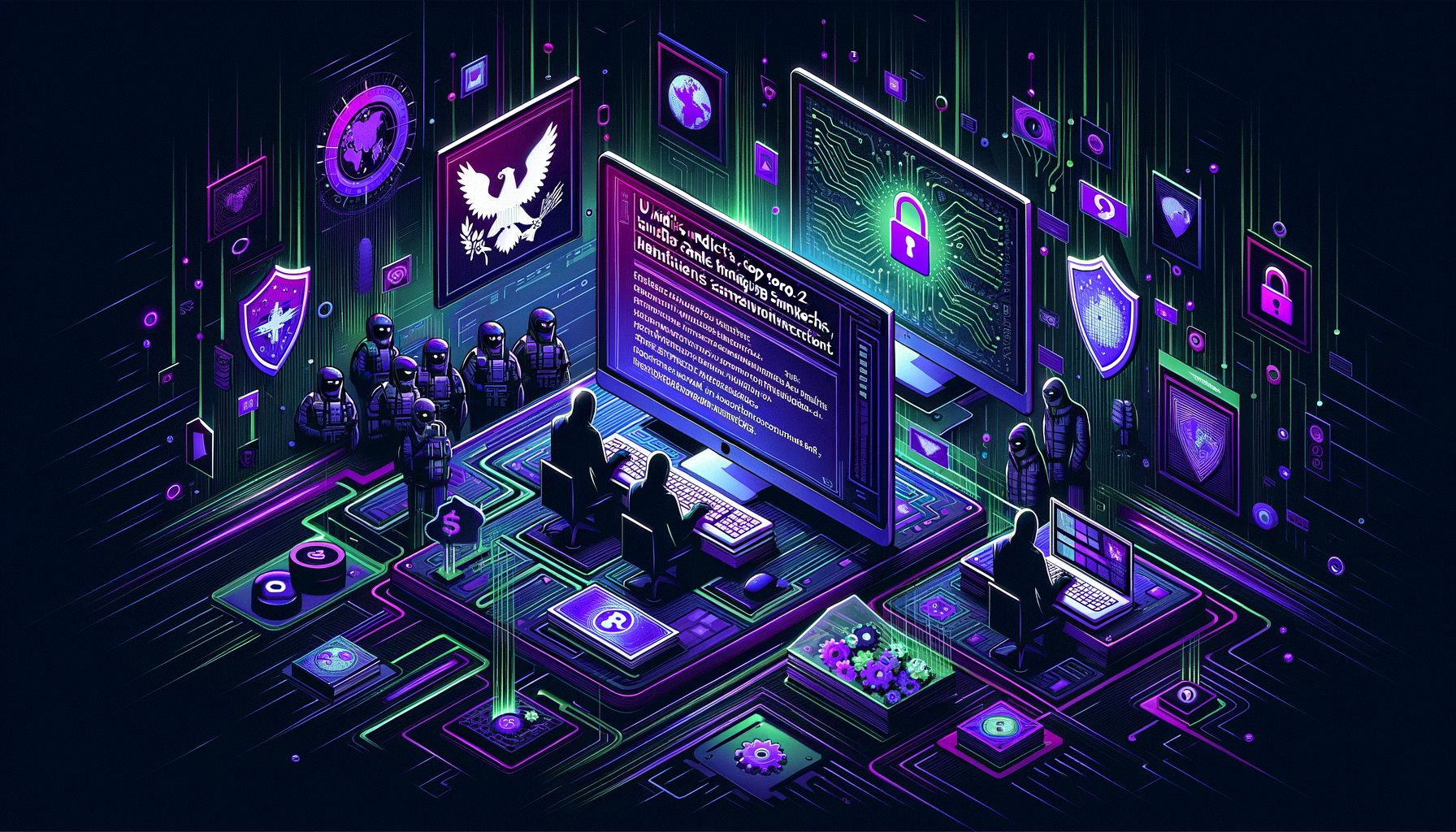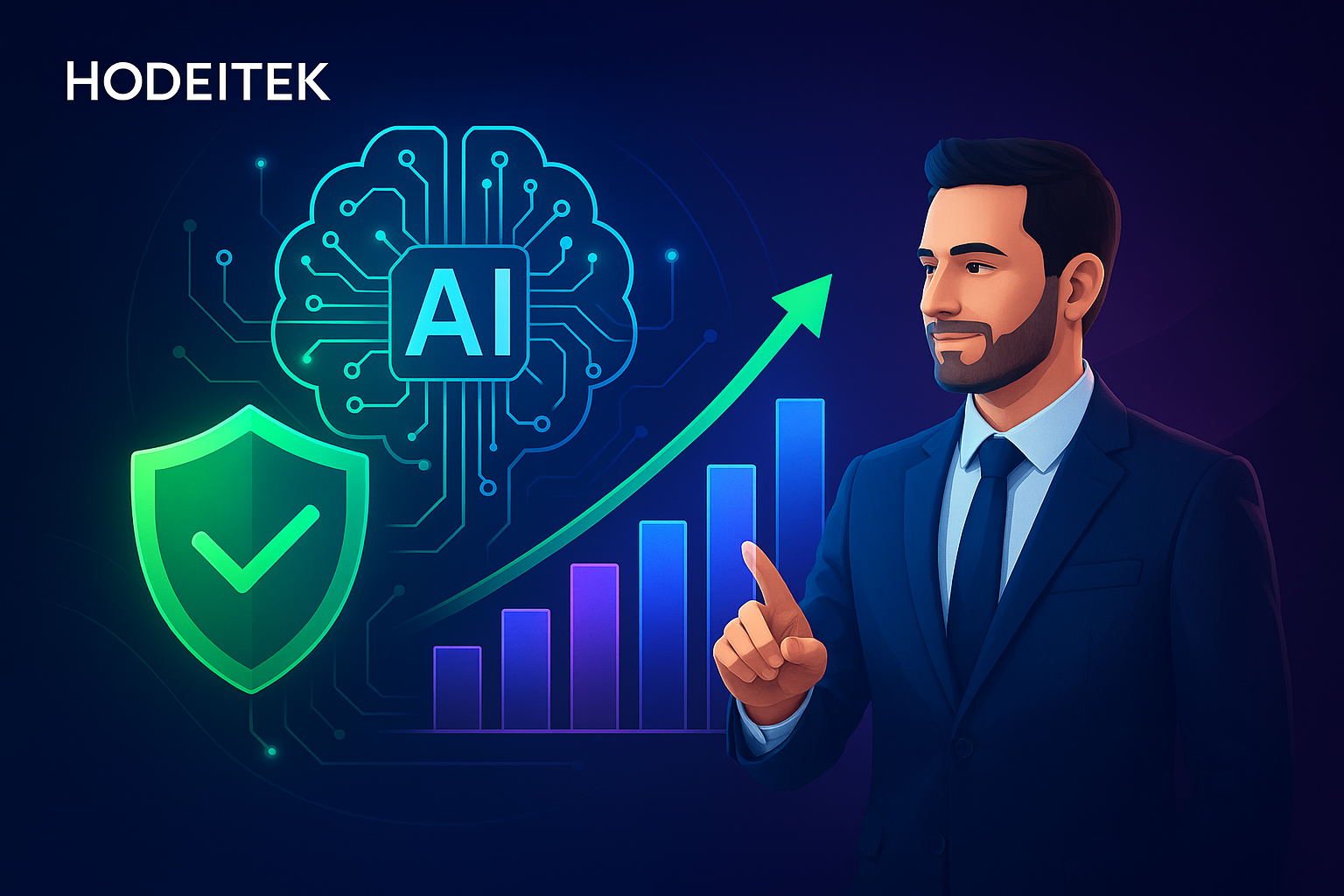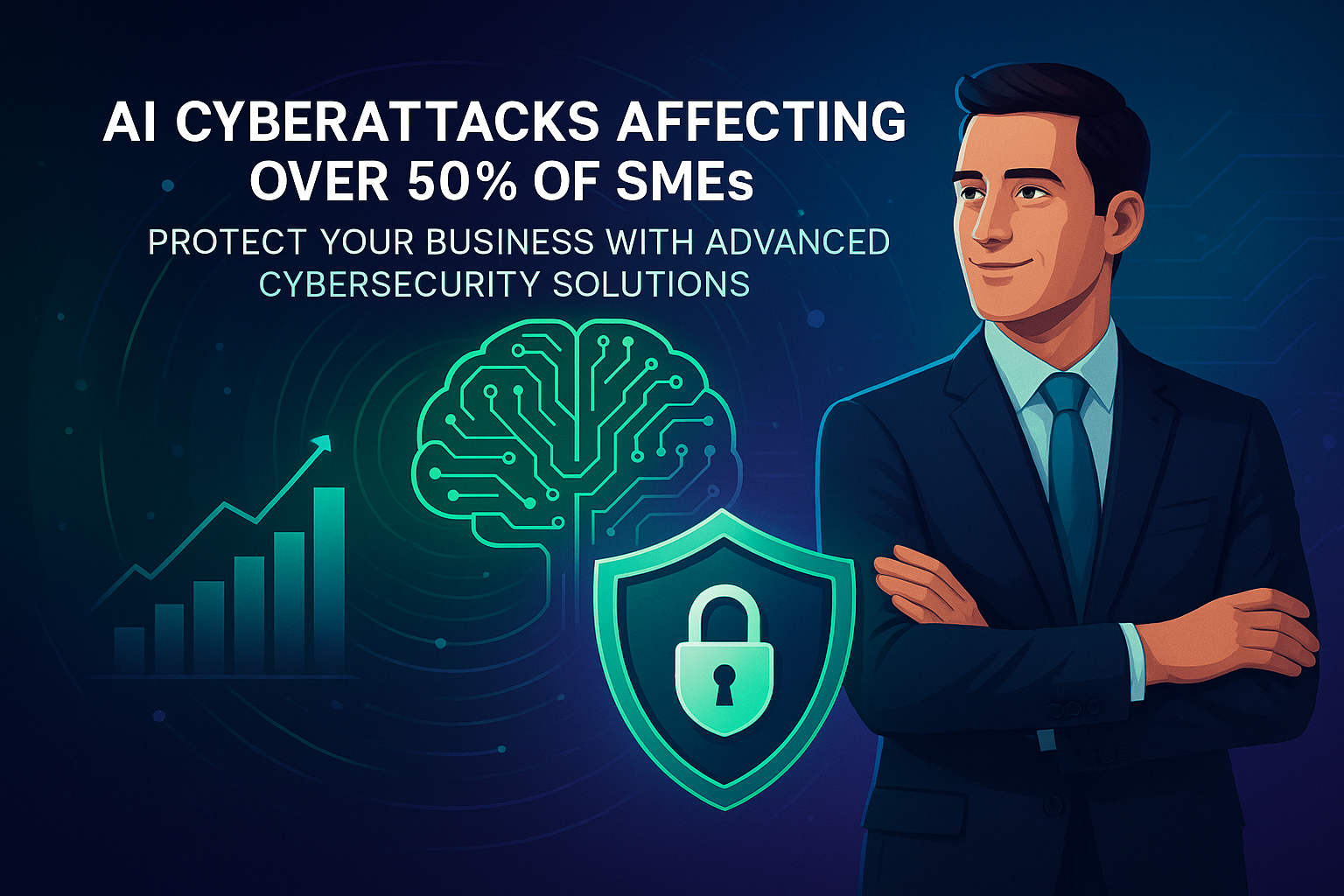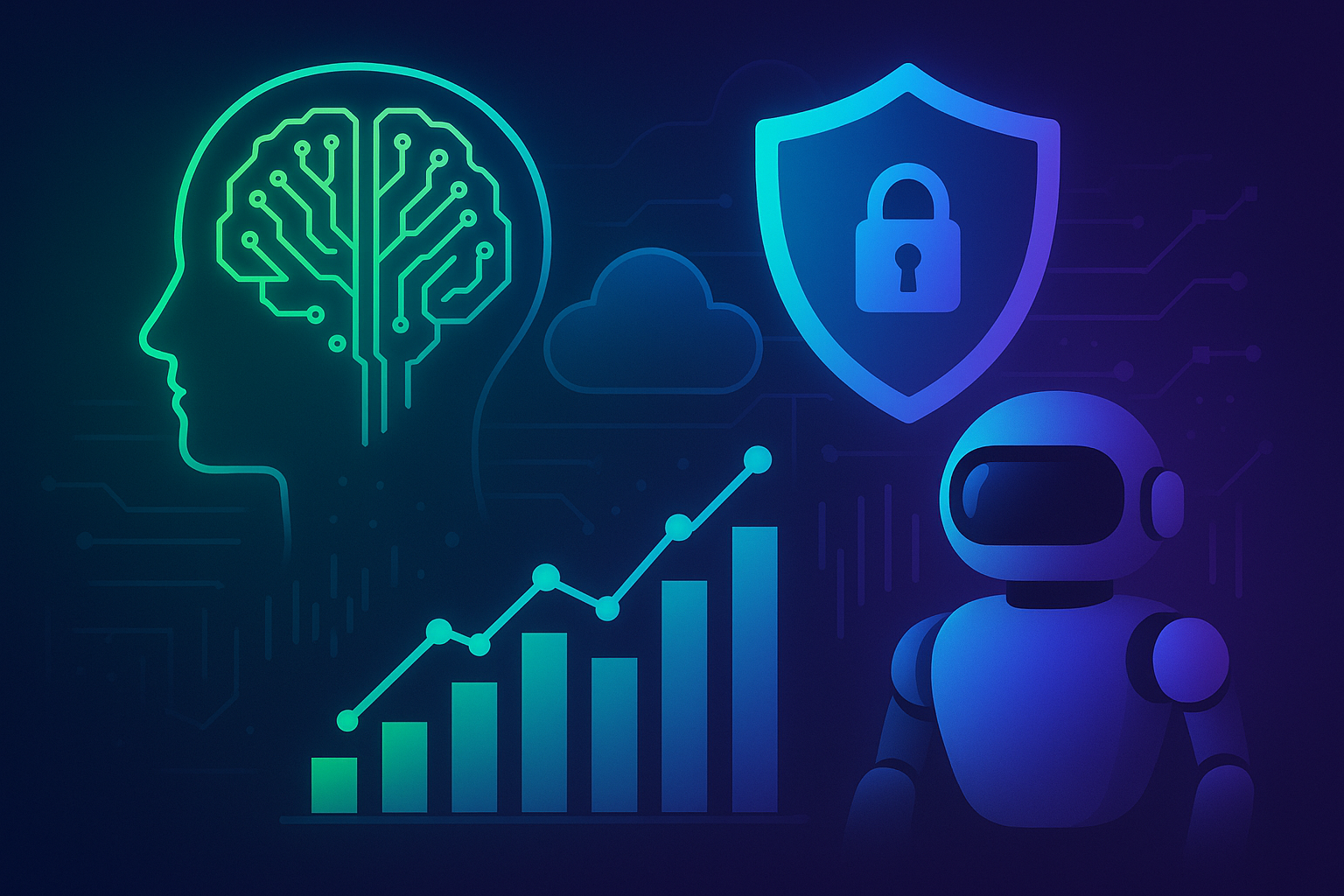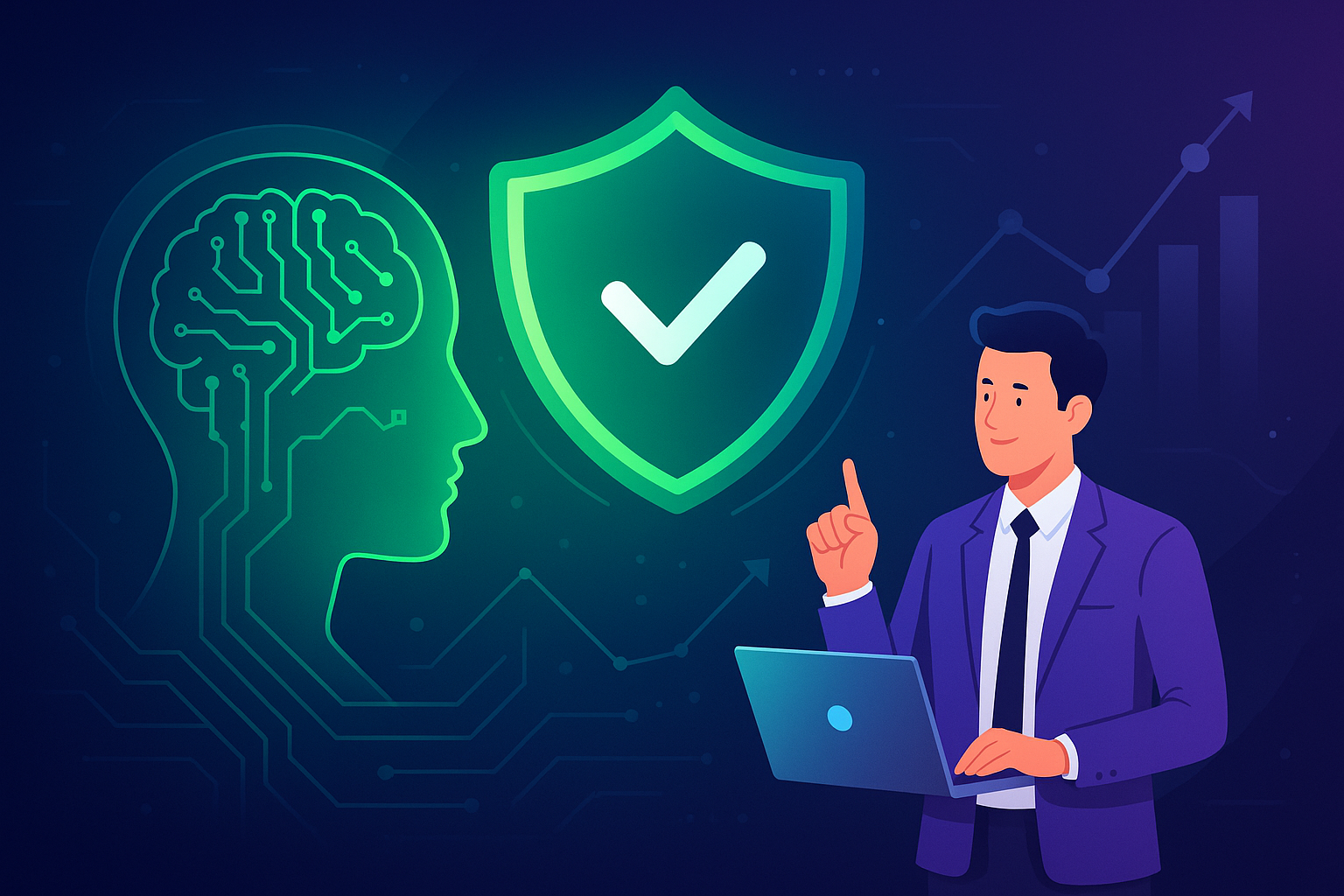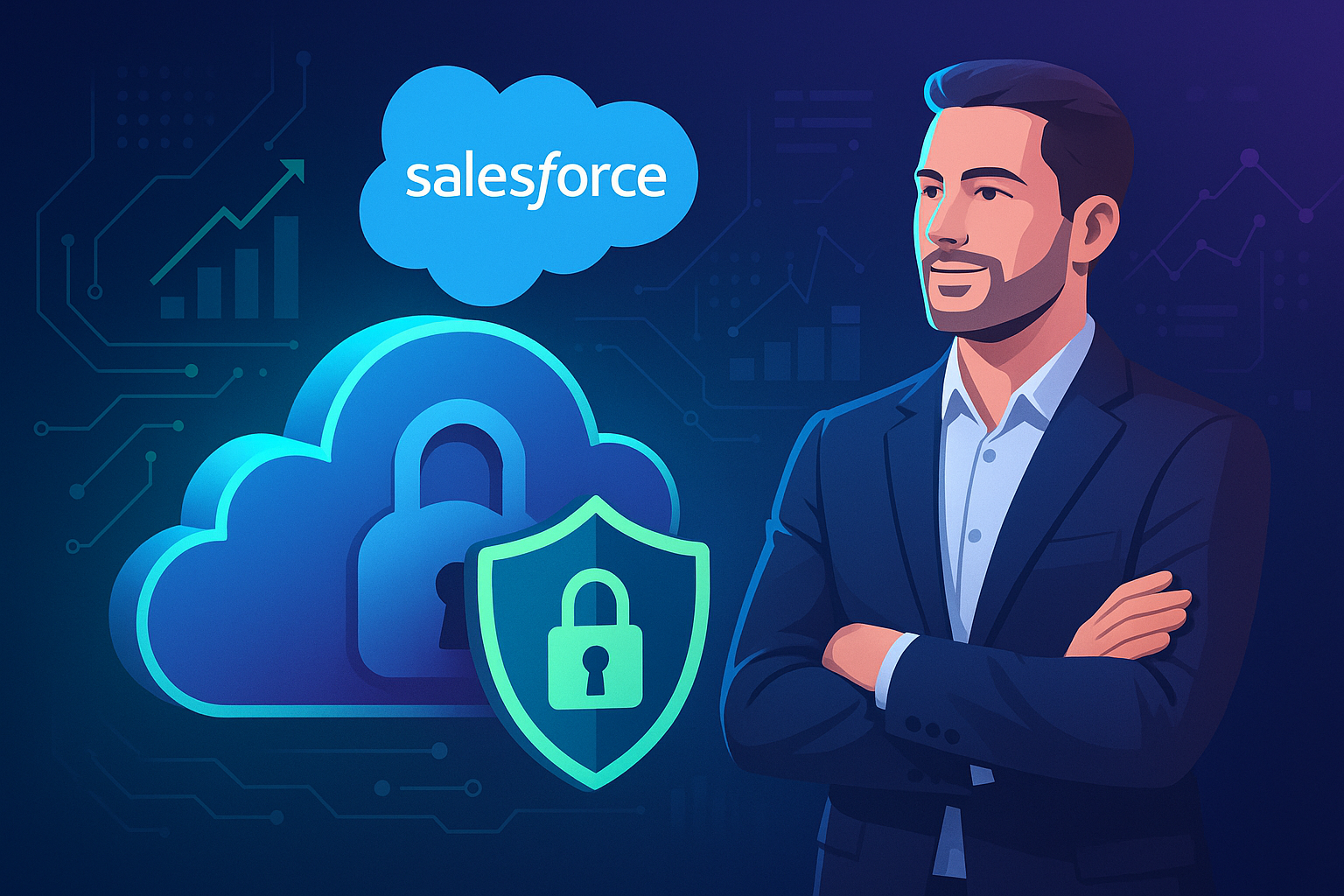U.S. Indicts Two Top Russian Hackers: A Deep Dive into the Indictment and Its Implications
In a dramatic escalation of efforts to tackle international cybercrime, the United States recently unsealed indictments against two well-known Russian hackers, marking a significant chapter in the ongoing saga of cybersecurity challenges that impact businesses and governments globally. This article explores the details of the indictment, its broader implications, particularly for businesses within Spain and the EU, and the tools and strategies that can be employed to mitigate such threats.
The Indictment Details
The U.S. Department of Justice charged two prominent Russian hackers with a string of cybercrimes that orchestrated sophisticated attacks against businesses and banking institutions worldwide. These indictments are part of a coordinated effort involving multiple international jurisdictions, highlighting the global nature of cyber threats. The individuals are alleged to have used advanced tactics including ransomware attacks, financial fraud, and the illicit sale of valuable data on the black market.
Impact on Global Cybersecurity
The indictment is a testament to the intricate and pervasive cyber threats that span across borders. For businesses, especially those in the European Union, understanding the threat landscape is crucial. The European Union has stringent cybersecurity regulations which require consistent updates and robust defensive measures to protect sensitive data from such malicious entities. Moreover, the indictment reinforces the need for collaborative international cybersecurity efforts.
Advanced Persistent Threats (APTs)
The hackers employed techniques characteristic of Advanced Persistent Threats (APTs), which are complex, long-term cyber attacks typically carried out by nation-states or aligned groups. This underscores the importance of EDR, XDR, and MDR solutions in defending against these sophisticated threats. These services provide comprehensive monitoring and response solutions, designed to detect, investigate, and respond to suspicious activities within enterprise networks.
Mitigating Cyber Threats: Best Practices
Protecting a business from advanced hackers as indicted requires a multifaceted approach. Here are some strategies and technologies that can bolster defenses against similar cyber threats:
- Next Generation Firewalls (NGFW): These firewalls are crucial for preventing unauthorized access to networks. They provide capabilities such as intrusion prevention, application awareness, and intelligence from sources outside the firewall. Learn more about Next Generation Firewalls and how they can protect your business.
- Vulnerability Management: It is essential to continuously monitor and assess IT infrastructure. Our VMaaS service helps identify and mitigate vulnerabilities before they can be exploited.
- SOC as a Service (SOCaaS): Outsourcing to a 24×7 Security Operations Center ensures constant monitoring by cybersecurity experts who can rapidly respond to incidents. Discover how our SOCaaS and Industrial SOCaaS services can fit into your cybersecurity strategy.
- Cyber Threat Intelligence (CTI): Understanding the tactics, techniques, and procedures (TTPs) of cyber threats is key. CTI services provide insights into emerging threats and can help anticipate and prevent potential attacks.
Statistics and Real-world Examples
Cyber attacks have been steadily increasing in complexity and frequency. A report by Cybersecurity Ventures anticipates cybercrime damages will cost the world $10.5 trillion annually by 2025, up from $3 trillion in 2015. High-profile attacks such as those on Colonial Pipeline or SolarWinds demonstrate the potentially devastating impact an attack can have, not just on companies, but on entire economic infrastructures.
In the EU context, companies like Infineon Technologies were targeted by ransomware groups, causing disruptions. Such examples illustrate the need for preventive measures and rapid response capabilities in place, reinforcing the narrative presented by the recent indictments of the Russian hackers.
The Importance of a Holistic Security Strategy
For businesses operating in high-risk environments, adopting a broad yet integrated cybersecurity approach is critical. This involves not only implementing technological defenses but also establishing governance frameworks that emphasize security awareness and robust incident response protocols.
Data Loss Prevention (DLP) solutions are pivotal in safeguarding sensitive data across the network. Understanding and implementing DLP solutions can help prevent unauthorized data transfers and breaches.
Furthermore, Web Application Firewalls (WAF) provide an additional layer of protection for web applications by filtering and monitoring HTTP traffic between a web application and the Internet. Visit our WAF service page for more insights on how they protect your web resources.
Conclusion
The recent indictments of Russian hackers highlight the persistent and evolving nature of cyber threats facing businesses today. To navigate this challenging landscape, it is imperative for businesses in Spain, the European Union, and globally to harness advanced cybersecurity measures, ensuring compliance, vigilance, and proactive defenses.
Hodeitek is dedicated to providing comprehensive cybersecurity services tailored to meet the needs of diverse businesses. From managed detection and response to next-generation firewalls and data protection solutions, we are here to assist you in securing your operations. Visit our services page for a full suite of our offerings, and don’t hesitate to contact us for a personalized consultation.
Take action now and secure your business against looming cyber threats with Hodeitek. Strengthen your defenses today!
